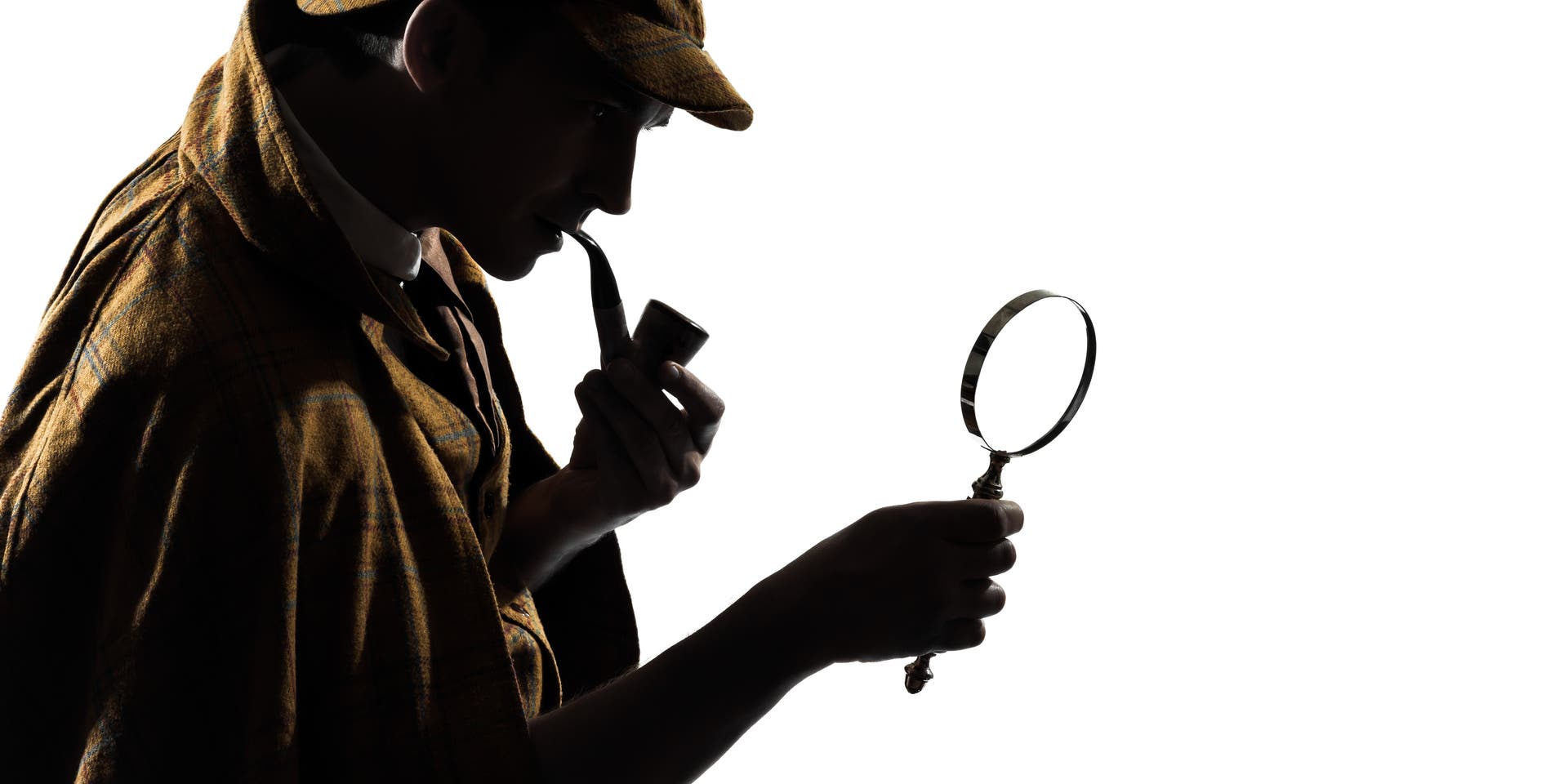The Timeless Genius of Sherlock Holmes: A Detective Whose Legacy Endures
Sherlock Holmes, the fictional detective created by Sir Arthur Conan Doyle, stands as an enduring symbol of deductive reasoning, keen observation, and brilliant crime-solving. First introduced to readers in the late 19th century, Holmes has transcended the boundaries of time and literature, captivating audiences across generations. This article delves into the intriguing world of Sherlock Holmes, exploring the character's origins, enduring popularity, and cultural impact.
The Birth of Sherlock Holmes:
Sir Arthur Conan Doyle introduced Sherlock Holmes to the world in the novel "A Study in Scarlet," published in 1887. Holmes, known for his unparalleled powers of deduction and logical reasoning, quickly became a literary sensation. Doyle's creation was groundbreaking, offering readers a detective who relied on intellect rather than physical prowess, setting Holmes apart from his contemporaries.
Holmes's Legendary Adventures:
The detective's adventures continued in three more novels, including "The Sign of the Four," "The Hound of the Baskervilles," and "The Valley of Fear." However, it was the short stories published in The Strand Magazine that truly elevated Holmes to iconic status. The collection, featuring tales like "The Adventures of Sherlock Holmes" and "The Return of Sherlock Holmes," showcased Holmes's exceptional investigative skills and the unwavering friendship with his loyal companion, Dr. John Watson.
Holmes's Methods and Mind:
Sherlock Holmes's deductive methods have become legendary. His ability to observe seemingly trivial details and draw profound conclusions has inspired generations of mystery writers and detective enthusiasts. The famous address at 221B Baker Street became synonymous with Holmes's residence, where he conducted experiments and solved crimes.
Cultural Impact:
Holmes's impact extends beyond literature into various forms of media. Numerous film adaptations, television series, and radio shows have brought the detective to life in different eras and settings. Actors like Basil Rathbone, Jeremy Brett, and Benedict Cumberbatch have portrayed Holmes, each contributing a unique interpretation that resonates with audiences.
The enduring appeal of Sherlock Holmes can be attributed to the timeless nature of his stories. The detective's logical approach to problem-solving, combined with his eccentricities and complex character, makes him a figure that continues to captivate audiences globally.
Holmes in the 21st Century:
In the modern era, Sherlock Holmes has not faded into obscurity. The BBC's hit series "Sherlock," featuring Benedict Cumberbatch as Holmes and Martin Freeman as Watson, brought the detective into contemporary London, maintaining the essence of Doyle's stories while presenting them in a fresh light.
The Detective's Legacy:
As we navigate the 21st century, Sherlock Holmes remains an influential figure in literature and popular culture. The detective's legacy endures not only through adaptations but also in the countless detective stories that draw inspiration from his methods and charisma.
Conclusion:
Sherlock Holmes, the master of deduction, continues to be a literary and cultural phenomenon. Sir Arthur Conan Doyle's creation has transcended time, leaving an indelible mark on the detective genre. Whether through classic literature, film, or television adaptations, Sherlock Holmes's legacy persists, inviting new generations to explore the mysteries of 221B Baker Street and the brilliant mind of the world's greatest detective.
Sir Arthur Conan Doyle wrote a collection of four novels and 56 short stories featuring the iconic detective Sherlock Holmes. Here is a comprehensive list of the novels and short stories:
Novels:
- "A Study in Scarlet" (1887)
- "The Sign of the Four" (1890)
- "The Hound of the Baskervilles" (1901–1902)
- "The Valley of Fear" (1914–1915)
Short Stories:
From "The Adventures of Sherlock Holmes" (1892):
- "A Scandal in Bohemia"
- "The Adventure of the Red-Headed League"
- "A Case of Identity"
- "The Boscombe Valley Mystery"
- "The Five Orange Pips"
- "The Man with the Twisted Lip"
- "The Adventure of the Blue Carbuncle"
- "The Adventure of the Speckled Band"
- "The Adventure of the Engineer's Thumb"
- "The Adventure of the Noble Bachelor"
- "The Adventure of the Beryl Coronet"
- "The Adventure of the Copper Beeches"
From "The Memoirs of Sherlock Holmes" (1893):
- "Silver Blaze"
- "The Yellow Face"
- "The Stock-Broker's Clerk"
- "The Gloria Scott"
- "The Musgrave Ritual"
- "The Reigate Squires"
- "The Crooked Man"
- "The Resident Patient"
- "The Greek Interpreter"
- "The Naval Treaty"
- "The Final Problem"
From "The Return of Sherlock Holmes" (1905):
- "The Adventure of the Empty House"
- "The Adventure of the Norwood Builder"
- "The Adventure of the Dancing Men"
- "The Adventure of the Solitary Cyclist"
- "The Adventure of the Priory School"
- "The Adventure of Black Peter"
- "The Adventure of Charles Augustus Milverton"
- "The Adventure of the Six Napoleons"
- "The Adventure of the Three Students"
- "The Adventure of the Golden Pince-Nez"
- "The Adventure of the Missing Three-Quarter"
- "The Adventure of the Abbey Grange"
- "The Adventure of the Second Stain"
From "His Last Bow" (1917):
- "The Adventure of Wisteria Lodge"
- "The Adventure of the Cardboard Box"
- "The Adventure of the Red Circle"
- "The Adventure of the Bruce-Partington Plans"
- "The Adventure of the Dying Detective"
- "The Disappearance of Lady Frances Carfax"
- "The Adventure of the Devil's Foot"
- "His Last Bow"
From "The Case-Book of Sherlock Holmes" (1927):
- "The Adventure of the Illustrious Client"
- "The Adventure of the Blanched Soldier"
- "The Adventure of the Mazarin Stone"
- "The Adventure of the Three Gables"
- "The Adventure of the Sussex Vampire"
- "The Adventure of the Three Garridebs"
- "The Problem of Thor Bridge"
- "The Adventure of the Creeping Man"
- "The Adventure of the Lion's Mane"
- "The Adventure of the Veiled Lodger"
- "The Adventure of Shoscombe Old Place"
- "The Adventure of the Retired Colourman"



Comments
Post a Comment